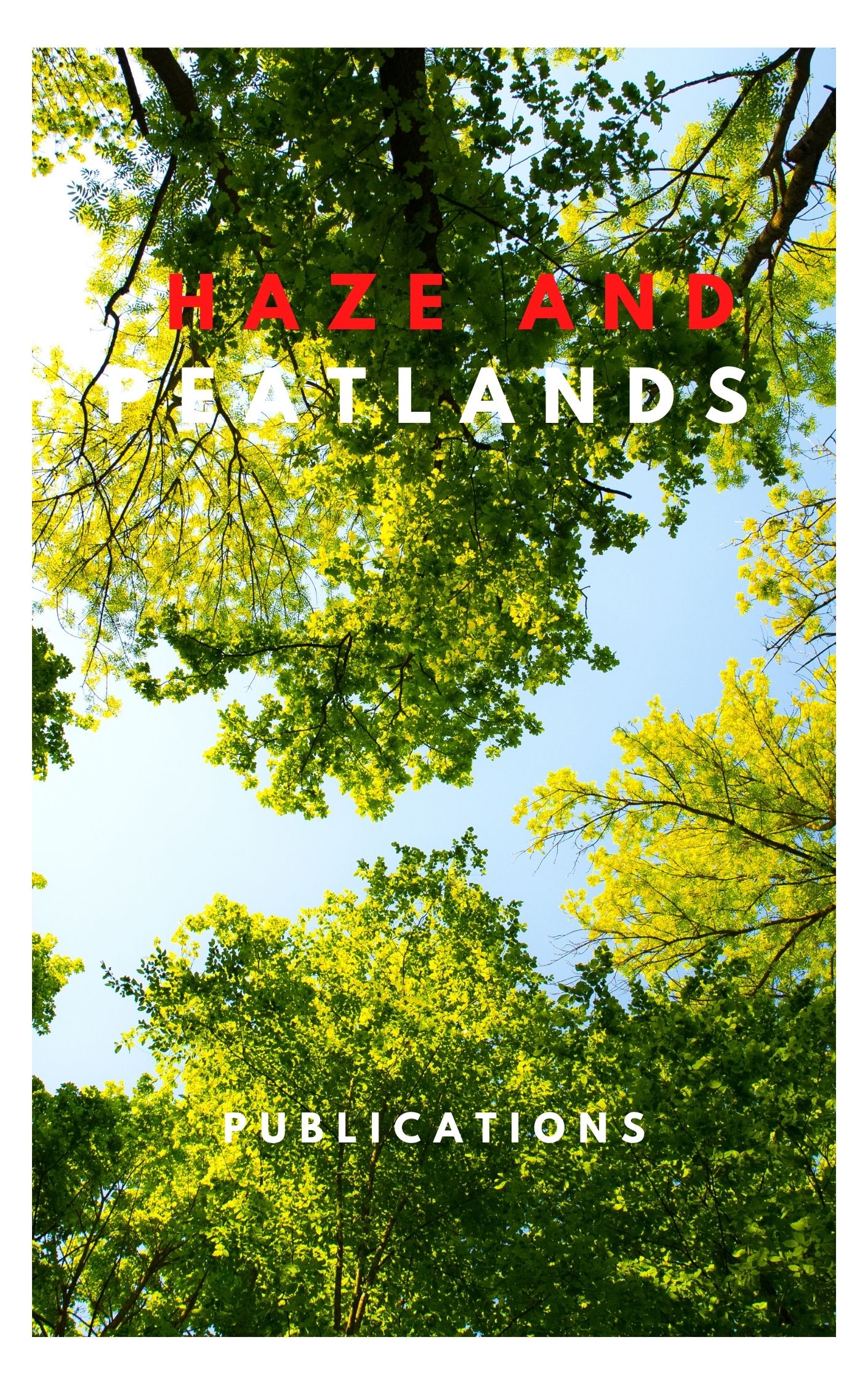As climate change continues to fundamentally alter resource landscapes, the ability to flexibly respond to spatio-temporal changes in the distribution of preferred food sources is increasingly important for the overall health and fitness of animals living in seasonal, variable, and/or changing environments. Here, we investigate the effects of an uncharacteristically long period of fruit scarcity, following widespread thick haze caused by peat and forest fires in 2015, on the behaviour and sociality of female Bornean orangutans (Pongo pygmaeus wurmbii). We collected data from 2010 to 2018 at Tuanan, Central Kalimantan, Indonesia, and compared the activity, diet, and association patterns of adult females during low-fruit periods before the fires, i.e., regular, seasonal periods of low fruit availability (“pre-fire”), and after the fires, i.e., during the extended period of low fruit availability (“post-fire”). First, we found that, post-fire, female orangutans adopted a more extreme energy-saving activity pattern and diet — resting more, travelling less, and diet-switching to less-preferred foods — compared to pre-fire. Second, we found that the probabilities of association between females and their weaned immature offspring, and between related and unrelated adult females were lower, and the probability of agonism between unrelated females was higher, post-fire than pre-fire. This change in energetic strategy, and the general reduction in gregariousness and social tolerance, demonstrates how forest fires can have lasting consequences for orangutans. Fission–fusion species such as orangutans can mitigate the effects of changes in resource landscapes by altering their (sub)grouping patterns; however, this may have long-term indirect consequences on their fitness.
View source

